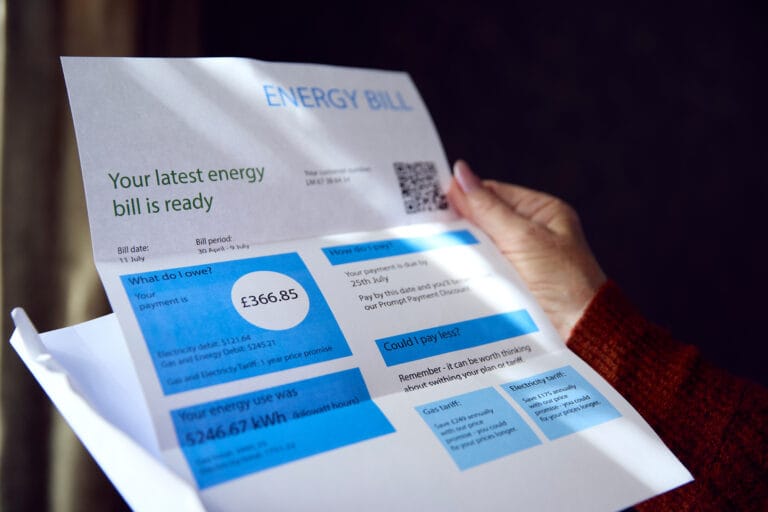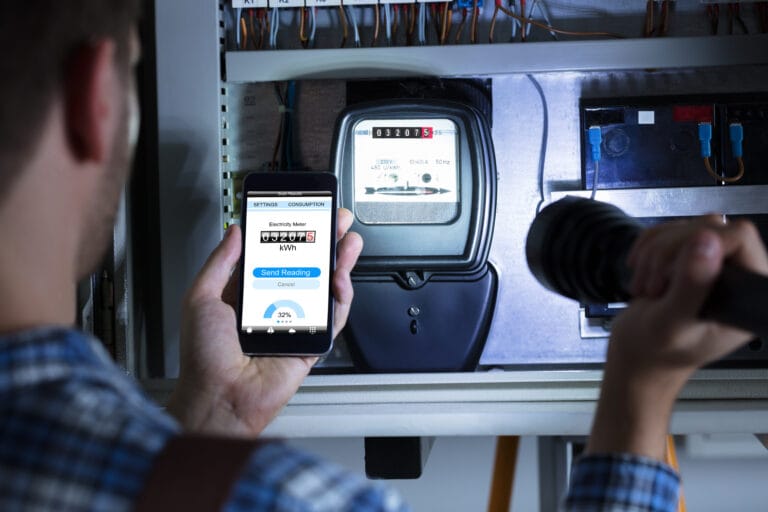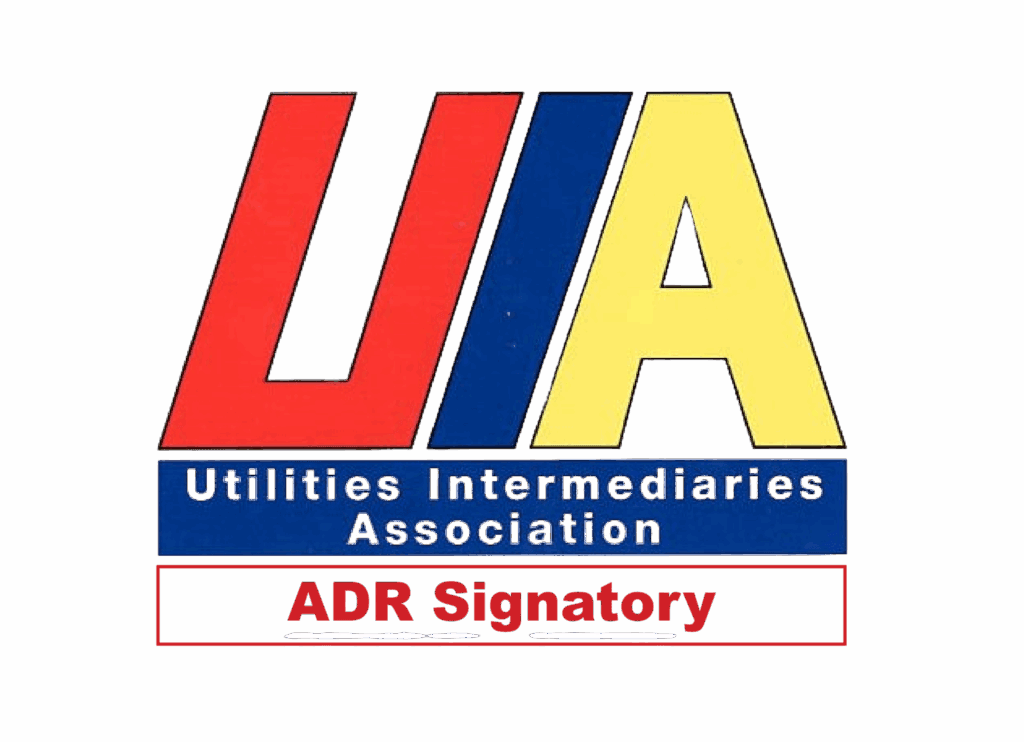In the fast-paced landscape of the energy sector, staying up-to-date with industry changes, and regulatory changes is essential for both energy providers and consumers alike. With a large number of consumers now coming up to review contracts which have been in place for several years, consumers are now facing significant increases in both unit rates and standing charges. The increase in unit rates has been widely publicised across all forums including news, social media or industry governing bodies, however, the increase in standing charges is something we are finding has gone under the radar for businesses and consumers alike.
A significant initiative in this regard is Ofgem’s Targeted Charging Review (TCR), which aims to overhaul the imposition of network fees within the UK electricity industry. Let’s delve into the intricacies of the TCR, its implications, and the anticipated impact it will have on energy consumers across the nation.
Previously fixed charges across all suppliers, namely Distribution Use of System (DUoS) and Transmission Network Use of System (TNUoS) were built into either the unit rate or standing charge based upon the level of consumption of the organisation (kWh). These are now being billed differently from governing bodies, and therefore suppliers as this is a charge suppliers pass onto the consumers.
These previously fixed charges are now being charged slightly differently by suppliers, due to the implications imposed on them from network operators. These charges have always been passed onto the consumer, whether that be built into the unit rate, or standing charge as a fixed cost, however the big change is the new cost implications on consumers due to the new arrangements of TCR (DUoS & TNUos).
What is the TCR?
The Targeted Charging Review (TCR) is a strategic initiative launched by Ofgem, the UK’s energy regulator, aimed at systematically reorganising the structure of network fees imposed on users of electricity transmission and distribution networks. These fees encompass the necessary expenses associated with maintaining and enhancing the critical infrastructure required for the reliable delivery of electricity to consumers.
What's Changing?
Distribution Use of System (DUoS) Charges
From April 2022, a portion of these charges will be levied as a fixed fee, rather than solely based on unit rates.
Transmission Network Use of System (TNUoS) Charges
Similar to DUoS, a fixed standing charge element was introduced in April 2023.
Balancing Services Use of System (BSUoS) Charges
As of April 2023, these charges will no longer be paid by generators, but passed on to the end user through a fixed fee.

Businesses that don't have ASCs

Businesses that have ASCs
How Will the TCR Impact Energy Customers?
Impact On Bills
The transition from consumption-based charges to fixed charges is likely to lead to adjustments in electricity bills. While some consumers may observe reductions in variable charges, others, particularly those with low energy consumption, may experience an increase in fixed charges.
Incentives for Efficiency
With a greater emphasis on fixed charges, energy users may find themselves more inclined to adopt efficiency measures to manage their electricity costs effectively. This could entail investments in energy-saving technologies or modifications in consumption behaviour to minimise capacity requirements.
Equity and Fairness
The TCR aims to promote a fairer distribution of network costs by aligning charges more closely with the actual benefits derived from grid services. However, there are concerns regarding the potential impact on vulnerable or low-income consumers who may find it challenging to afford higher fixed charges.
Transition to a Low-Carbon Future
By modernising the charging framework, the TCR supports the transition towards a low-carbon energy system by incentivising investments in renewable energy and grid technologies. Transparent and equitable network charges are crucial for facilitating the integration of renewable generation and fostering a sustainable energy future.
In conclusion, the Targeted Charging Review represents a significant regulatory intervention aimed at reforming the application of network charges within the UK electricity market. By transitioning towards fixed charges and better-aligning costs with the benefits derived from grid services, TCR aims to ensure a fairer and more efficient allocation of network costs.
While these changes may present challenges and adjustments for energy consumers, they also lay the groundwork for a more resilient and sustainable energy system in the years ahead. Staying informed and adapting to regulatory changes will be essential for both energy providers and consumers as the energy landscape continues to evolve.














